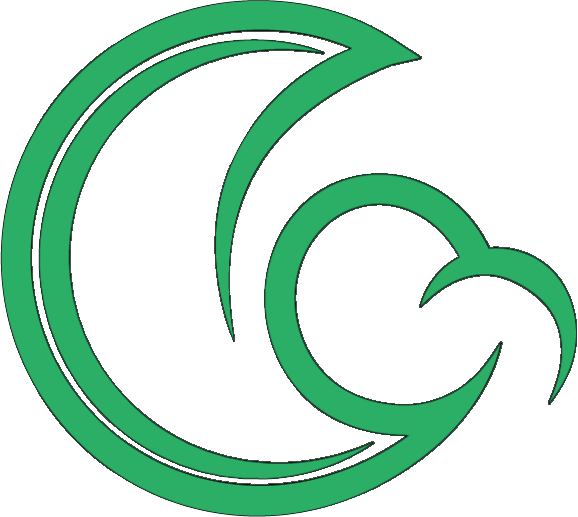Top 5 Sleep Apps of 2025: Reviews and Comparisons
Getting quality sleep is essential for maintaining physical health, mental well-being, and productivity. In 2025, the market for sleep apps is thriving, offering advanced technologies to help users monitor, improve, and optimize their sleep. Here, we review and compare the top 5 sleep apps of 2025 to help you find the one that best suits your needs.
1. Calm: Best for Relaxation and Guided Meditations
Overview: Calm continues to be a top contender in the sleep app market with its expansive library of guided meditations, sleep stories, and relaxation techniques. Designed to help users wind down before bed, Calm is a favorite among those who struggle with anxiety and stress-related insomnia.
Features:
A vast selection of sleep stories narrated by soothing voices.
Guided meditations for sleep and relaxation.
Breathing exercises to reduce stress and improve sleep quality.
Integration with wearable devices for sleep tracking.
Pricing: Free tier available with limited content. Premium subscription costs $69.99 per year.
Pros: User-friendly interface, diverse content library, and effective relaxation tools.
Cons: Higher price point for premium content.
2. Sleep Cycle: Best for Smart Alarm and Sleep Analysis
Overview: Sleep Cycle stands out with its unique smart alarm feature that wakes you up during the lightest phase of sleep, ensuring a more refreshed morning. It also provides detailed sleep analytics to help users track and improve their sleep patterns.
Features:
Smart alarm clock that syncs with your sleep cycle.
Detailed sleep analysis, including snore detection.
Customizable wake-up windows for gentle alarms.
Integration with Apple Health and Google Fit.
Pricing: Free version available with basic features. Premium subscription starts at $39.99 per year.
Pros: Accurate sleep tracking, customizable alarms, and intuitive interface.
Cons: Free version offers limited functionality.
3. Headspace: Best for Sleep Meditation and Mindfulness
Overview: Headspace remains a top choice for those who want to incorporate mindfulness into their bedtime routine. With its curated sleep meditations and music, it’s ideal for users looking for a holistic approach to better sleep.
Features:
Dedicated sleep meditations and calming music.
"Sleepcasts" – narrated audio journeys designed to lull you to sleep.
Tools for stress and anxiety management.
Integration with wearable devices for comprehensive health tracking.
Pricing: Free trial available. Monthly subscription costs $12.99; annual plan is $69.99.
Pros: High-quality meditation content and easy-to-follow sleep guides.
Cons: More focused on meditation than sleep tracking.
4. Pillow: Best for Apple Users and Sleep Metrics
Overview: Exclusively available on iOS, Pillow offers in-depth sleep tracking and analytics for Apple users. Its seamless integration with Apple Watch and Health app makes it a powerful tool for understanding your sleep.
Features:
Automatic sleep tracking for Apple Watch users.
Sleep stage analysis, including REM, deep, and light sleep.
Heart rate and oxygen level monitoring.
Personalized sleep insights and recommendations.
Pricing: Free version with basic tracking. Premium version costs $4.99 per month or $39.99 per year.
Pros: Comprehensive sleep metrics and excellent Apple ecosystem integration.
Cons: Limited to iOS users.
5. Pzizz: Best for Power Naps and Sleep Optimization
Overview: Pzizz combines science-backed soundscapes with guided narrations to help users fall asleep faster and wake up feeling energized. It’s particularly popular among those who take power naps during the day.
Features:
Customizable soundscapes tailored for deep sleep or napping.
Sleep and nap modes for versatile use.
Voice narrations backed by clinical research.
Offline functionality for uninterrupted use.
Pricing: Free version available. Premium subscription costs $59.99 per year.
Pros: Effective for both night sleep and daytime naps, customizable options.
Cons: Limited features in the free version.
Conclusion
Choosing the right sleep app depends on your specific needs. If you’re looking for relaxation, Calm and Headspace are excellent options. For advanced sleep tracking, Sleep Cycle and Pillow lead the way. Pzizz stands out for its focus on soundscapes and naps. Whatever your choice, these apps provide tools to help you achieve better sleep and improve your overall health.
FAQs
1. Are these sleep apps free? Most apps offer free versions with limited features. Premium subscriptions provide full access to content and tools.
2. Do sleep apps really work? Sleep apps can improve sleep quality by promoting relaxation, tracking sleep patterns, and offering personalized insights.
3. Can sleep apps replace medical advice? No, sleep apps are not a substitute for professional medical advice. Consult a healthcare provider for persistent sleep issues.
Optimize your sleep routine by trying one of these top-rated apps. With advanced features and user-friendly designs, they’re the perfect tools for achieving restful nights in 2025.







